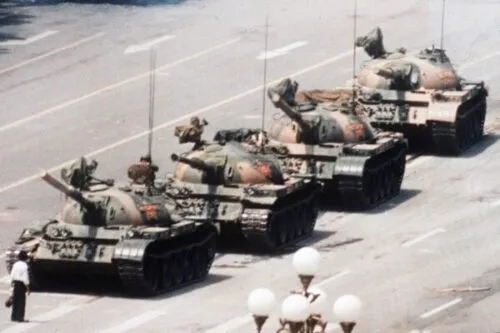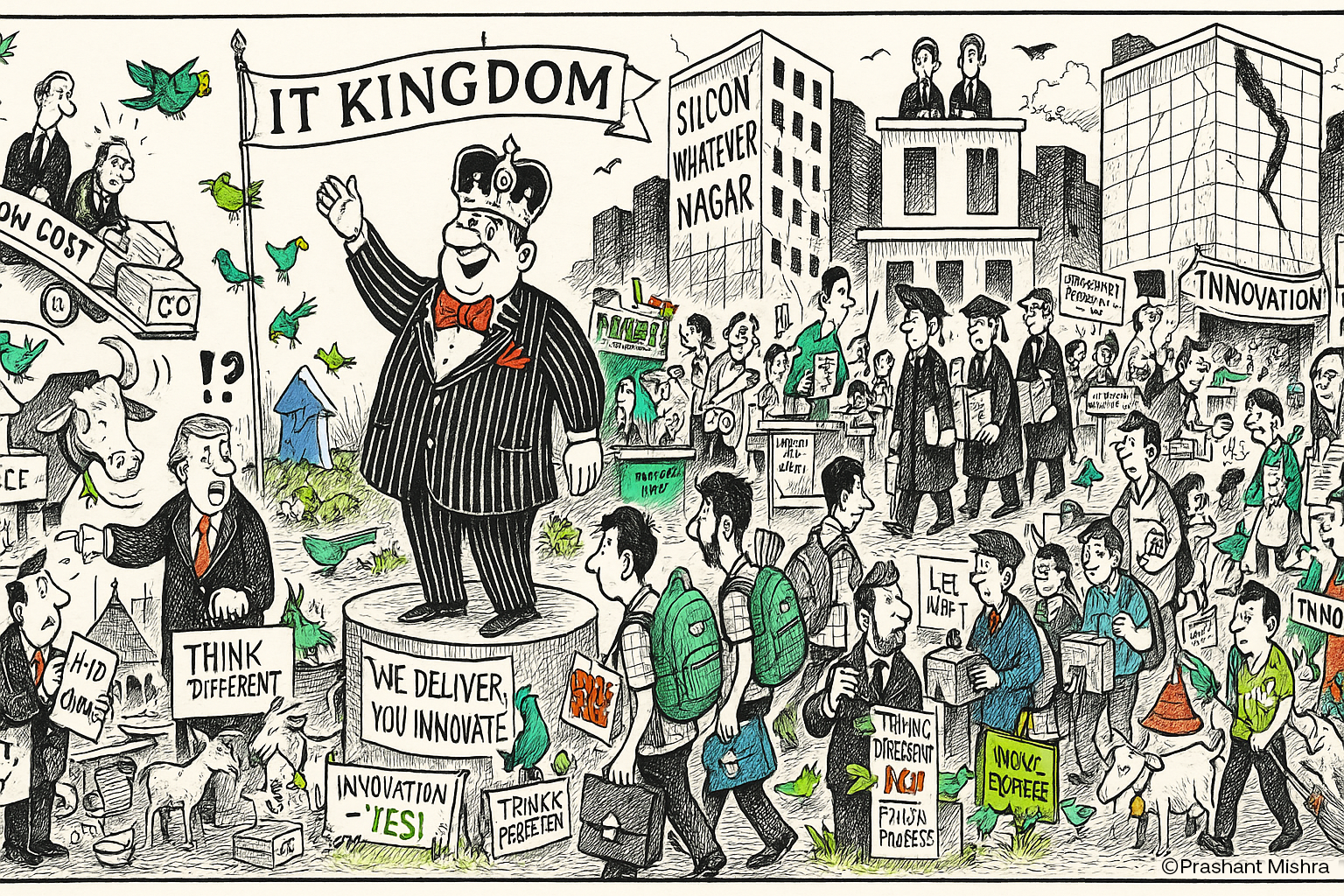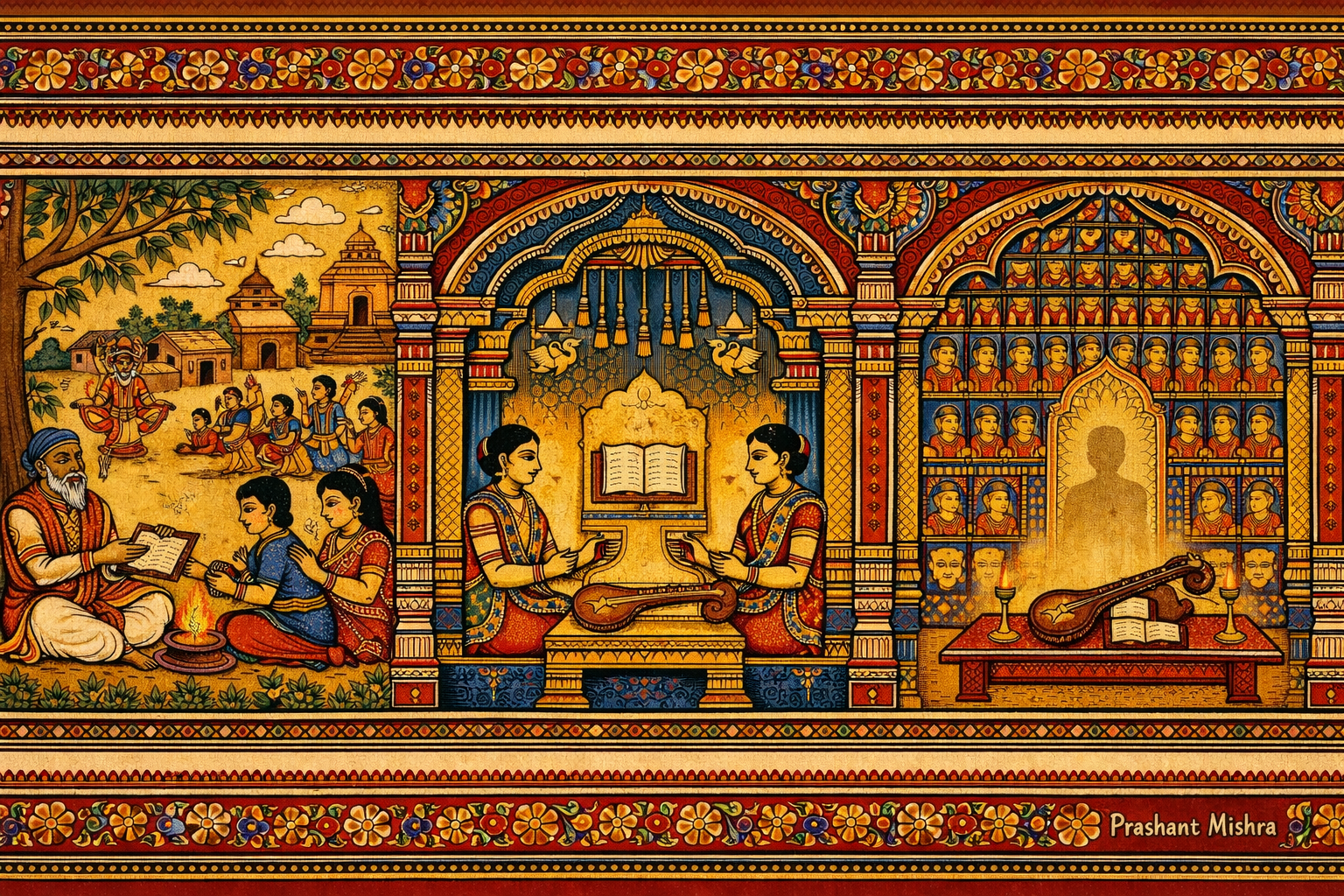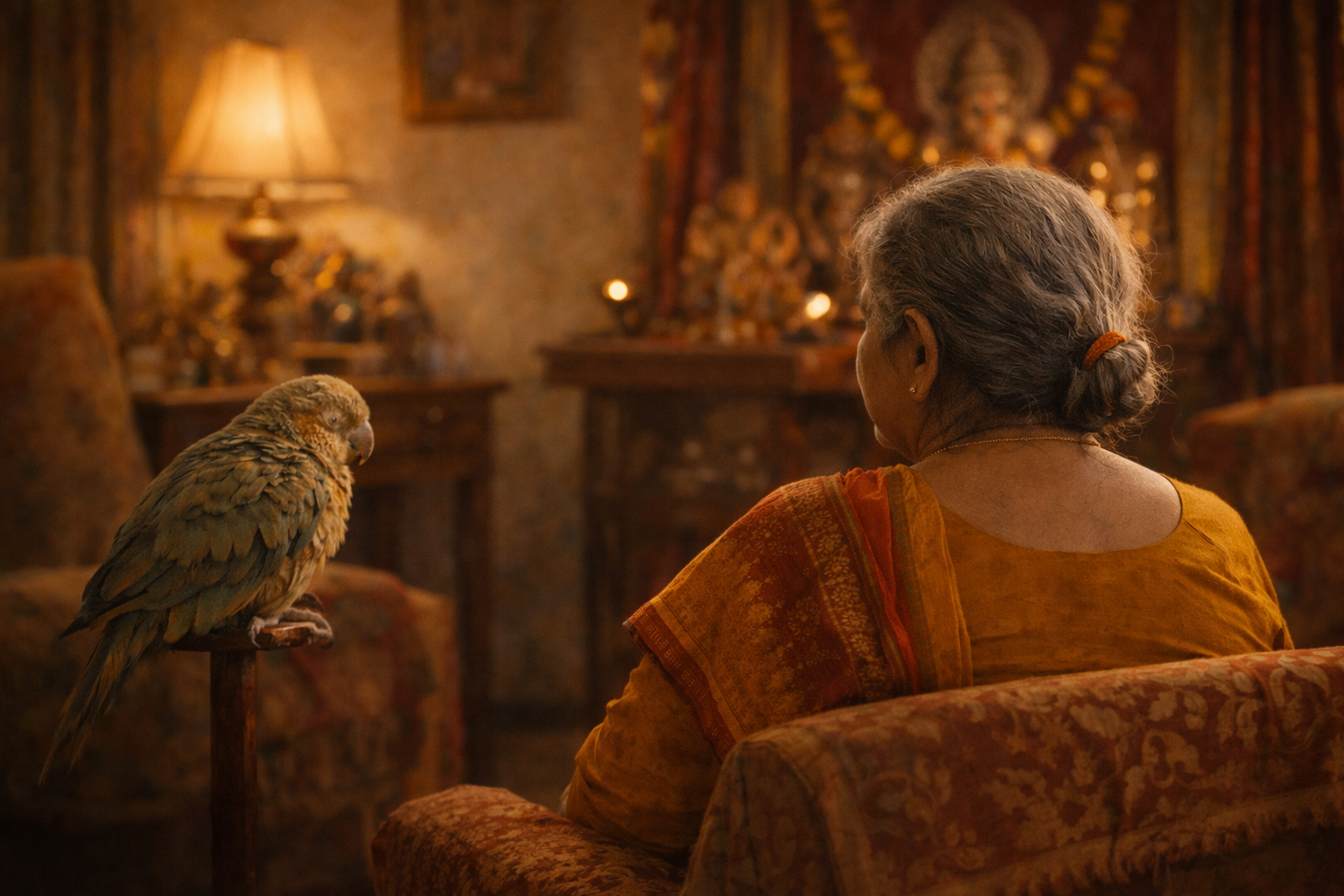
Principles & Ideals in Summer
Adolescence is an impressionable age. I was in my early teens in the summer of 1990. It was the year in which one of India's earliest social upheavals occurred post-independence. Later on, many more upheavals would occur as the country continued its boisterous march to equilibrium.
A bill to reserve government jobs for the disadvantaged castes was promulgated. It had noble intent at its core, but political expediency bastardized it into a vicious creature. And India’s fragile society, already reeling from horrors of the past, corruption of the present, and mistrust of the future, was further poisoned as delicately balanced social equations quickly disintegrated viciously, splintering into groups and subgroups. Popularly called the Mandal Commission, this bill was such a potent radioactive cyanide that once the Genie was out of the bottle, it permanently mutated India’s generation, and its hideous, deformed offspring are still seen today.
Deeply distressed and directly impacted, the student community took it upon itself to demand justice. What followed were protests across the country. Sometimes they would take ugly forms with such intensities that everything would come to a standstill. These protests were openly organized and generally escalated into violence, including extreme acts of self-immolation. At times, the law-and-order situation would be just short of curfew. Thus, to quell the agitation, authorities would often resort to using brute force. My city, too, was a hotbed of such protests, and I witnessed them firsthand.
The university gate, located at a T-junction in the road, organized a massive protest. It was a popular spot, with the university's high boundary wall forming one long side, while the other sides had equally high walls demarcating the various properties of the university campus.
During adolescence, one may not have political leanings, but they are often filled with curiosity and excitement. And so, I, along with a friend, slipped out of bed to join the protest. We listened to endless speeches by student leaders on why the reservations were unjust and why they should be repealed. These student leaders were nothing but budding politicians, mobilizing crowds, sharpening their skills, and thus having a shot at being inducted into one of the many parties that adorn India’s democracy.
I paid no attention to the speeches. Instead, I soaked in the fervor of the moment and the feeling of being part of such a big movement that everyone was talking about. “It will be cool when I tell my friends about it,” was my only adolescent thought.
However, one sentence did catch my attention. Someone too old to be a student leader said, “We don’t protest for ourselves alone; soon we will fade into the background. We protest for the future. In our struggle and pain today, lies a secure tomorrow." Those words would have much ramification for me.
As the crowd swelled, the police began barricading all three sides of the T-Junction. The mob grew restive. Sensing it, leaders amplified their pitch. My friend suggested we stay in the middle of the mob. If anything happens, we'll be safer there. But in our hearts, excitement was giving way to panic.
And then it happened.
With a loud command, hundreds of constables descended on the mob from all three sides. The crowd quickly disintegrated as students tried to escape the dreaded lathi charge. My feet were frozen to the ground, and I stood there, seeing it all in slow motion. Many scrambling away, cops huffing and puffing beating down, and people lying on the road holding their shoulders or their heads crying out in pain. Tears rolled down my face in fear. My friend had disappeared, and I realized that I too must run for cover.
I saw people scaling a university wall to jump onto the campus. I ran to it, but it was too high, and I was too short to climb it. Not only that, but I sensed a cop running towards me with his lathi in the air. Nowhere to run, I bent my knees, shielded my head with my hands, and waited for the snap of the stick. My mind went blank.
I heard the lathi smack but felt nothing. Then I heard a painful grunt. I moved my hand slightly, and from the corner of my eye, I saw a big, burly fellow pinning me to the wall and shielding me from the merciless blows. Blood splattered on my face and trickled down my cheek. The screaming and shouting continued in the background for what seemed like an eternity.
Then, just as suddenly as it had begun, the lathi charge stopped. Sensing the opportunity, I wriggled out and ran with all my strength, too afraid and too selfish to even look back at my protector.
I remember those idyllic school days and that fateful summer afternoon. I believe I will always carry the regret of not looking back and not expressing my gratitude. But along with regret, I also gained a profound understanding, which has guided me still.
I am still not that wise to judge the good or bad of the Mandal Commission or the protest and violence it brought. Good and bad are very referential terms and subservient to changes in time and context. I can, however, comment on principles and ideals. These, in comparison to “good and bad,” are far more time- and context-resistant.
Among the hundreds that afternoon, there was one individual who held the belief in self-sacrifice. Who believed that he must remove his own security from the equation so that another less fortunate person could be saved and equilibrium maintained? The future is not tomorrow. It is today. And we have the power and the responsibility to protect it from harm at all costs, even at the cost of ourselves. Nationalism is not just admiring our country's "idea," but also its people.
“Soon, we will fade into the background. We protest for the future. In our struggle and pain today, lies a secure tomorrow.”
That unknown guy believed in all these principles and all these values, and he stood up for his beliefs. Alone!!
Great ideas and grandiose thoughts are just that "great and grandiose." Like plastic, they are attractive and smooth. However, just like plastic, they deform with the slightest heat. On the other hand, principles and ideals are tough, unattractive, and difficult to handle. But like gold, their true value can only be ascertained when they are tried through fire.


